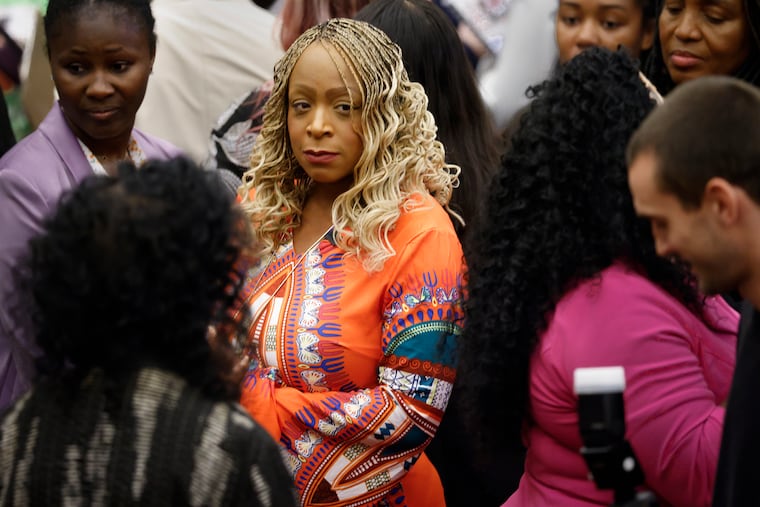Councilmember Gauthier seeks additional regulations for university land sales in West Philadelphia.
Philadelphia Councilmember Jamie Gauthier has expressed significant discontent regarding the recent actions taken by St. Joseph’s University, particularly concerning the sale of a substantial portion of its West Philadelphia campus. The university has entered into a transaction with the Belmont Neighborhood Educational Alliance, a nonprofit organization led by developer Michael Karp, known for its focus on student housing.
During a City Council meeting this week, St. Joseph’s confirmed the conclusion of the sale. In response, Gauthier introduced legislation aimed at enforcing more stringent community oversight for large land transfers by significant institutions in University City, which falls within her district. With the current landscape of higher education facing considerable turbulence, she anticipates that this sale will not be an isolated event, prompting her to take proactive measures.
Initially, Gauthier’s proposal encountered legal challenges, with the city’s Law Department and various zoning attorneys suggesting that it might lack legality. In response, Gauthier revised the bill, securing its passage through the City Council’s Rules Committee. The restructured legislation emphasizes that land use decisions made by educational institutions should incorporate community input, particularly as higher education undergoes transformative changes.
The amended bill no longer seeks to regulate the manner in which higher education institutions utilize their land, which raised legal concerns in its original form. Instead, it activates oversight when property slated for educational use is considered for non-educational purposes on parcels exceeding 5,000 square feet. Consequently, should a university sell land to a residential developer, the law would require community engagement, whereas the recent transaction involving St. Joseph’s — transferring educational land to another educational entity — may not trigger these provisions.
Community groups from West Philadelphia have voiced strong support for Gauthier’s initiative, expressing their apprehensions over living in proximity to large institutions with extensive real estate holdings. Residents have articulated that their concerns regarding the sale were largely overlooked, feeling disingenuous the community engagement initiated by St. Joseph’s.
In defense of the sale, representatives from St. Joseph’s argued that Karp’s vision for the newly acquired land aligns with neighborhood aspirations, noting his organization’s experience managing charter schools. St. Joseph’s officials underscored that the institution retains additional property in the vicinity and warned that Gauthier’s legislation could adversely affect higher education institutions’ operational capabilities and property values.
Despite the objections raised by St. Joseph’s, Gauthier’s amended bill has progressed through the City Council’s preliminary stages. However, further consideration is necessary, as the Philadelphia Planning Commission has requested a 45-day delay to thoroughly evaluate the potential ramifications of the proposal. This postponement means that the full City Council will likely not review the bill until late November.
These developments reflect ongoing tensions and complexities as local communities strive to assert their influence in land use decisions and institutional developments, particularly within the context of evolving educational landscapes.
Media News Source







